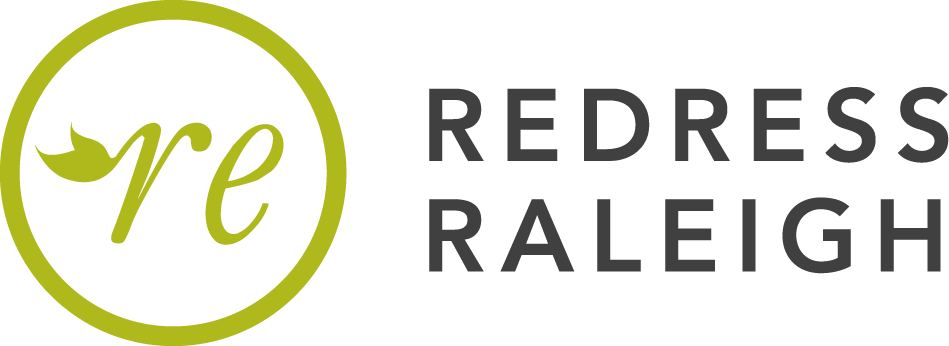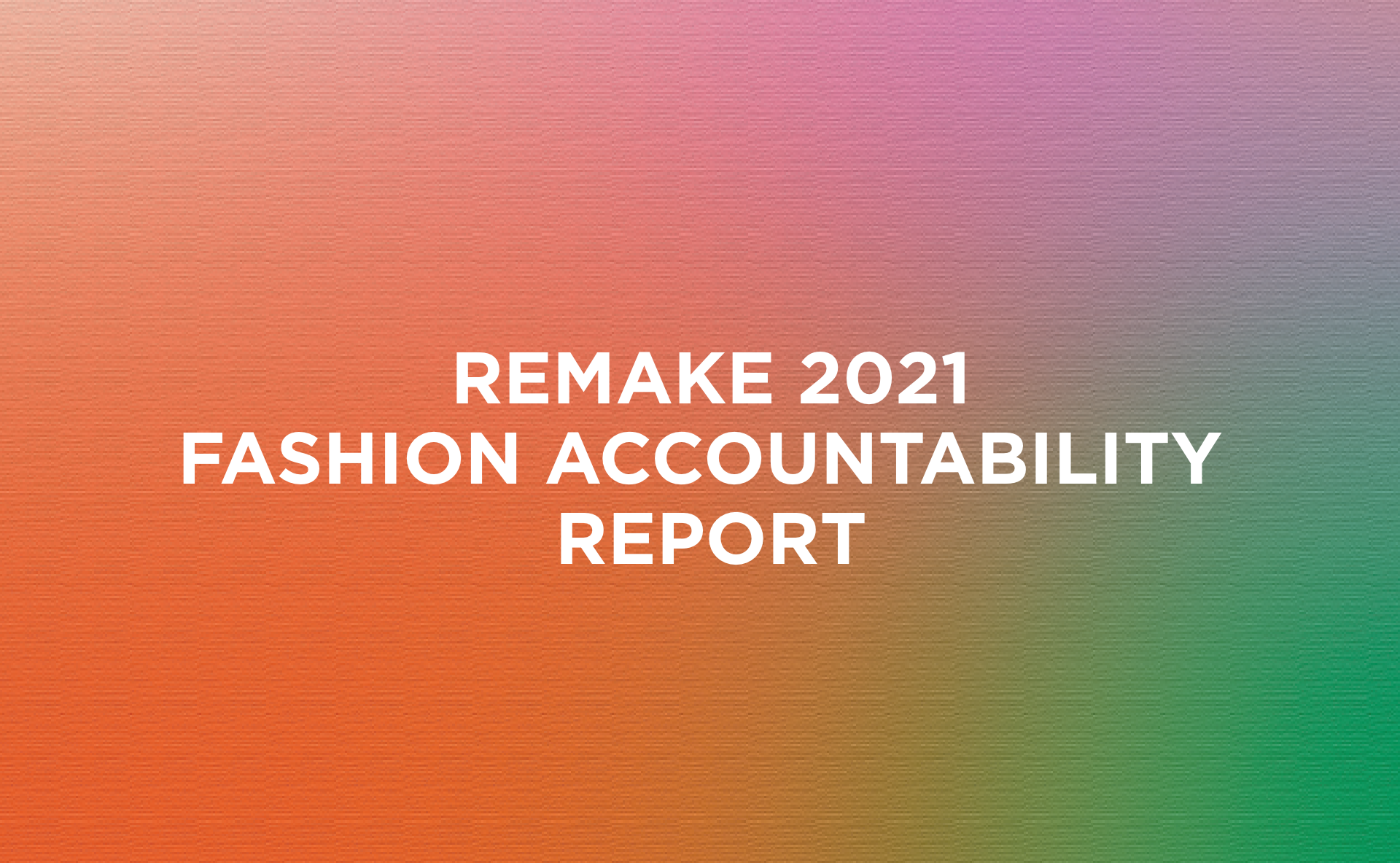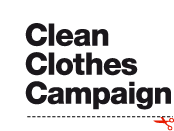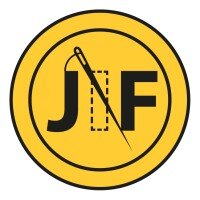Labor Rights Resources
Download & Learn
WATCH
#ShareTheRisk video: A Factory Perspective
Watch the #sharetherisk video (also linked to on the left) produced by the Manufactured Podcast, which outlines how brand order volume changes impact factories and translate to lower wages. When brands have all the power to order and cancel products but none of the risks, everyone else loses.
Changemakers in Human Rights
From the Fashion Institute of Technology Sustainable Business and Design Conference: Changemakers in Action, this video features clips from and discussion on the film The True Cost. It also delves into each presenter’s personal inspiration for doing this work and inspires the viewer to continue this momentum.
Good Clothes, Fair Pay: Living Wages in the Global Fashion Industry
A panel discussion and Q&A with industry experts during Fashion Revolution Week.
Maeve Galvin (moderator): Global Policy Director at Fashion Revolution Wiranta Ginting, Coordinator at Asia Floor Wage Allowance Lara Wolters, Member of European Parliament Nasreen Sheikh, Founder of Empowerment Collective Marissa Nuncio, Director of Garment Worker Center LA Mario Iveković - Clean Clothes Campaign & Novi Sindikat Julia Kirschner, Social Impact Manager at Armed Angels Martina Marekova Kuipers, Coordinator at Fashion Revolution Slovakia
Find out more at www.goodclothesfairpay.eu
"A Human Rights Approach to Policy" from the WEAR (World Ethical Apparel Roundtable) Conference
An incredible panel discussion on policy initiatives and legislation related to human / labor rights in particular. Great insights on possibilities of looking to other industries as examples and understanding the complexity of implementing these changes across a globalized industry. (NOTE: You will need to register (free) to receive the recording of this video.)
Fashionscapes: A Living Wage
A film that captures an alliance of women and a major breakthrough in the bid to end poverty wages in fashion once and for all.
News Articles
Garment Workers Win Historic Victory in Effort to Transform Fashion Industry
Brands are weathering the pandemic. Garment workers are not.
Report: Pandemic-Era Severance Theft at Garment Factories Exceeds Half a Billion Dollars
Tracking Corporate Accountability in the Apparel Industry
Another wage is possible: A cross-border base living wage in Europe.
Could Living Wages Help Solve Fashion’s Climate Crisis? New Research Says Yes
Legislation You Should Know About
Uyghur forced labour act goes live in the US today – a timeline of events (June 21, 2022)
The FABRIC Act (introduced in May 2022)
Organizations to Support
“The #PayUp campaign formed in March 2020 out of the fashion industry’s catastrophic decision to refuse payment for completed clothing orders heading into the COVID-19 pandemic. Now they are focusing on a long-term campaign for systemic reform to advance labor rights.”
“We are a global advocacy organization fighting for fair pay for women in the clothing industry. We are here to end poverty wages, unsafe conditions and gender-based violence with which our clothes are made today.”
“Clean Clothes Campaign is a global network dedicated to improving working conditions and empowering workers in the global garment and sportswear industries. They have extensive news and up-to-date research available on their site.”
“The Asia Floor Wage Alliance (AFWA) was founded in 2007 as an Asian labor-led global labor and social alliance across garment producing countries (such as India, Indonesia, Sri Lanka, Cambodia, Bangladesh) and consumer regions (USA and Europe) for addressing poverty level wages, gender discrimination, and freedom of association in global garment production networks.”
“Garment Worker Center is a worker rights organization leading an anti-sweatshop movement to improve conditions for tens of thousands of Los Angeles garment workers.”
“Awaj Foundation is a grassroots labor rights NGO with over 600,000 worker members across Bangladesh. Through our projects, services, research and advocacy, we aim to empower workers and enable harmonious industrial relations. We particularly focus on supporting women workers, because we believe that leadership from women can transform our society towards greater equity and justice.”
“Founded by singer-songwriter and activist Annie Lennox in 2008, The Circle is a unique organisation inspired by the notion that when women come together and organise, they can be a powerful force for change. We are a global network of women from all walks of life and all backgrounds who have something in common: the awareness that we still do not live in a world where women and girls have equal rights and equal opportunities. History shows us that when the collective power of women come together positive change can be achieved.”
“Labour Behind the Label is a UK-based not-for-profit co-operative organisation with an office in Easton, Bristol, which campaigns for workers' rights in the clothing industry. It is the platform of the international Clean Clothes Campaign in the United Kingdom. LBL's members include trade unions and their local branches, consumer organisations, campaign groups, and charities.”
“Justice in Fashion is an alliance of like-minded and skilled individuals, endeavouring to create positive change in the fashion industry and provide a voice for those who are voiceless. We are here to manage, alliance, collaborate and network ideas.”
Fair Wear Foundation’s overall vision of success is a world where workers in the garment industry see their rights to safe, dignified, properly paid employment realised. To achieve this goal, it is necessary that:
Brands continuously improve their internal mechanisms, including their purchasing practices
Brands – in cooperation with their suppliers and trade unions – systematically and effectively prevent, mitigate and remediate risks and violations of labour rights throughout their supply chains
Policy makers and regulatory oversight organisations create an enabling environment for the effective enforcement of labour rights
Fair Wear promotes a supply chain approach of ‘shared responsibility’ to social compliance in the global garment sector. We believe the management decisions of clothing brands have an enormous influence on factory conditions.
“The Worker Rights Consortium (WRC) is an independent labor rights monitoring organization. We investigate working conditions in factories around the globe. Our purpose is to document and combat sweatshop conditions; identify and expose the practices of global brands and retailers that perpetuate labor rights abuses; and protect the rights of workers who make apparel and other products.”
“United Students Against Sweatshops (USAS, pronounced 'you-sas') is the nation’s largest youth-led, student labor campaign organization with affiliated locals on over 150 campuses. USAS chapters run both local and internationally-coordinated campaigns for economic justice in partnership with worker and community organizations.”
















